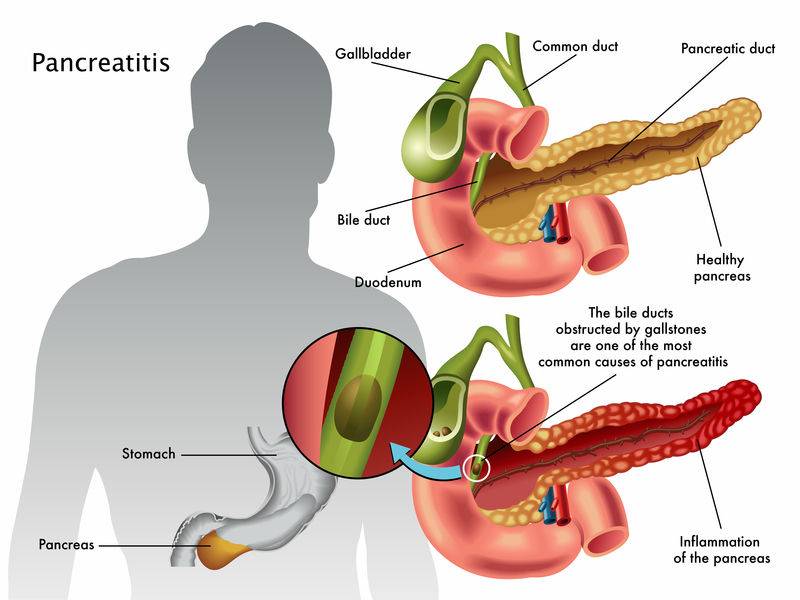- Home
- About
- Colorectal Surgery
- Laparoscopy
- GI Cancer Surgery
- Case Study
- Patients Corner
- Blogs
- Contact Us
Chronic pancreatitis

Details of the Patient
- Patient’s Name: Prashant
- Patient’s Age: 19
- Patient’s Gender: male
Symptoms shown by the Patient
An Overview of the Case
Chronic pancreatitis is an inflammatory disease that leads to scarring of the pancreas and irreversible changes. Chronic pancreatitis results in abdominal pain and in some cases result in fatty stools that are large. Calcification is another sign of chronic inflammation. It can develop throughout the pancreas. These calcifications are like stones that are within the tissue itself, or within the pancreatic duct
The 19-year boy had recurrent abdominal pain with radiation to back, multiple hospitalizations, an evaluation found to have chronic calcified pancreatitis after through evasion underwent open lateral pancreaticojejunostomy with head coring. He had an uneventful recovery discharged on day 7.
– Causes :
Chronic pancreatitis alcohol abuse, smoking, abnormalities of the pancreas. Other causes of acute recurrent pancreatitis include high levels of calcium in the blood.
– Symptoms :
Symptoms of chronic pancreatitis include abdominal pain, nausea, vomiting, sometimes weight loss, diarrhea, and diabetes. Abdominal pain is the most common presenting symptom. The abdominal pain is typically epi-gastric and radiating to the back.
Medical Tests Performed
Guidelines Provided after Treatment
Relevant Questions
Q. Can i know about bariatric surgery and the criteria on meeting which i will qualify for this surgery?
To be eligible for bariatric surgery, you must meet the following requirements:
- Have a body mass index (BMI) of 40 or higher, or have a BMI between 35 and 40.
- An obesity-related condition, such as heart disease, diabetes, high blood pressure or severe sleep apnea.
- Weigh less than 450 pounds, the maximum weight that hospital radiology equipment can accommodate. If you need to lose weight to meet this requirement, a nutritionist is available to help.
Q. What are the symptoms of colon cancer?
Colon cancer is also known as colorectal cancer, a term that combines colon cancer with rectal cancer, which starts in the rectum. The following are some of the signs and symptoms of colon cancer:
- A change in your bowel habits, such as diarrhoea or constipation, or a change in the consistency of your stool, that persists.
- Blood in your stool or rectal bleeding.
- Consistent stomach pain, such as cramps or gas.
- Unexplained weight loss
Weakness or exhaustion.
Q. What is incarcerated hernia?
A section of the intestine or abdominal tissue that becomes trapped in the sac of a hernia—the bulge of soft tissue that pushes through a weak place in the abdominal wall—is known as an incarcerated hernia. Stool may not be able to pass through the intestine if a section of it is trapped.
Incarcerated inguinal hernias usually cause swelling in the groin region, and some may show redness. If bowel obstruction has occurred, some additional symptoms may include sudden onset of pain, lack of appetite, irritability, and nausea or vomiting.
Q. What are the preventive measures to avoid hernia?
Avoid straining at stool and urine, maintain good health, avoid heavy weight lifting.
Q. My grandfather was diagnosed with GERD, how can he be treated?
GERD is a digestive disorder that affects the ring of muscle between your oesophagus & your stomach. This can usually be controlled with medication. If you wish to avoid long-term medication then we recommend: Fundoplication. Plan a consultation with Dr Samrat Jankar, our expert gastroenterologist. He will provide the best possible & effective treatment for this.
Book an Appointment
Enter details, our team would approach you to help you as soon as possible.
